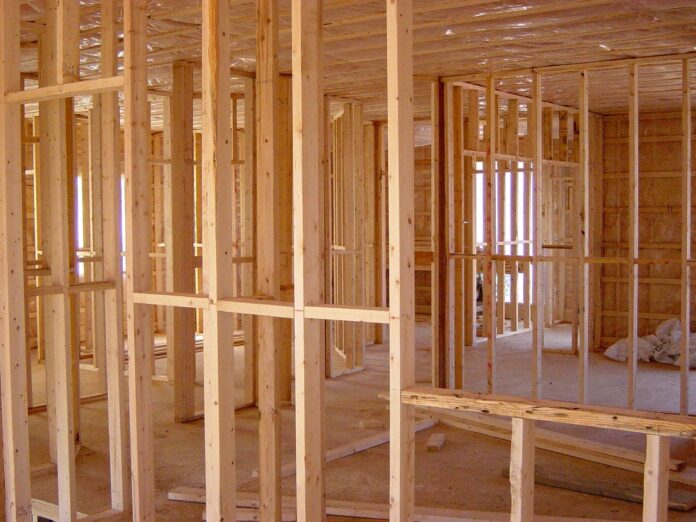Following the announcement of Budget 2024, the Business Improvement Areas of BC and BC Construction Association say it fails to address issues of street crime, current business costs and construction industry needs.
While the BIABC says doubling the Employer Health Tax threshold to $1 million is a positive step, there is “little else” in the budget to address small and medium-business affordability or street disorder.
They say this is “choking” businesses and leaving them without many options but to absorb the costs.
President Jeff Bray says the budget delivers “more of the same” policies affecting businesses and costs. In 2022, he says corporate income taxes, annual minimum wage hikes, and the reversion back to PST have impacted the business community by $3.7 billion.
“Likewise, five days of mandatory paid sick leave for all employers not only requires a business owner to pay the employee but also the costs associated with backfilling that position,” said Bray.
Meanwhile, the BC Construction Association says it supports the principles in the BC Builds program including the plan to move from rental housing into housing for purchase.
However, they say B.C.’s housing crisis needs to be addressed by prompt payment legislation. According to the association, the legislation has been enacted by the federal government and other jurisdictions across Canada.
“Small and medium-sized contractors are important to B.C.’s economy, yet their struggles are being ignored,” said the association. “They’re being asked to carry financing over unreasonable periods of time. They’re not being paid in a timely fashion for work they’ve completed.
“The absence of prompt payment legislation makes these contractors vulnerable and slows the rhythm at which all construction companies are able to operate.”
The association is also calling for more aggressive immigration targets and strategies to meet the workforce needs of B.C.’s construction industries.
They say while the Provincial Nominee Program helps transition more immigrants with work permits to permanent residency, it does not bring enough new people outside of Canada and it is tied to a job offer.
“We ask that the government give nominations based on skills rather than a job offer,” said the association. “The industry would benefit from having a greater influx of skilled tradespeople with the flexibility to move from worksite to worksite based on hiring needs rather than being tied to an employer.”




